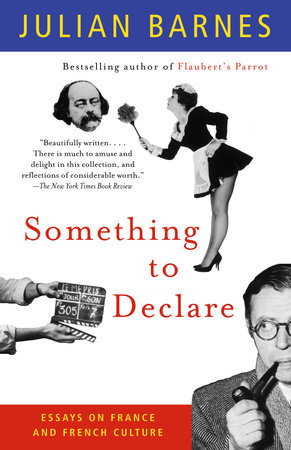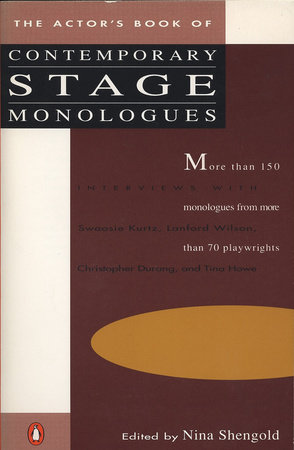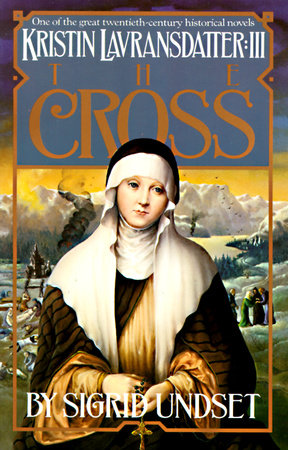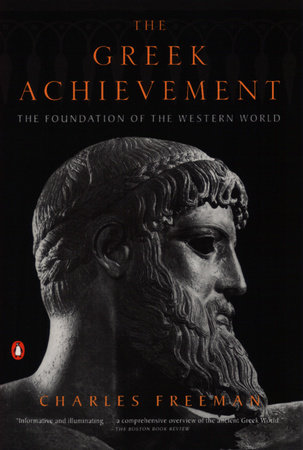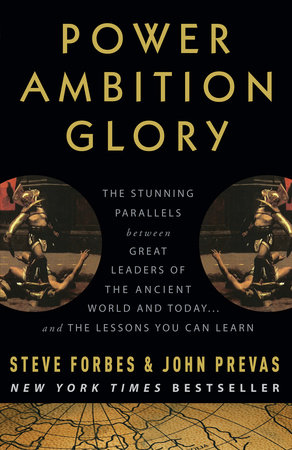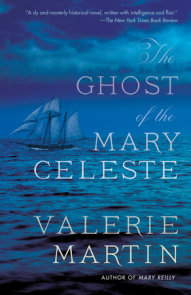Author Q&A
A Conversation with
VALERIE MARTIN
author of
SALVATION: SCENES FROM THE LIFE OF ST. FRANCIS
Q. In the introduction to Salvation, you describe being inspired by the frescos about St. Francis that you encountered during the years you lived in Italy. Is this indeed what made you interested in writing a book about St. Francis of Assisi?
A. The frescos, which were intended to tell the story of the saint’s life for people who could not read it, made me curious enough to read a few biographies. It was clear from these that St. Francis was a controversial figure in his own time and that, for those willing to look past the contemporary garden image of the cheerful friar with a bird on his arm, he still is. I began to imagine a book about him that would give the reader the feeling of encountering this odd character, much admired and gossiped about, on the road, in the company of his friends, alone in his meditations, passing by in the distance. What was it like, I wondered, to see him and to hear his voice?
Q. You are the author of six novels and two collections of stories. This is your first work of nonfiction. Why not a novel constructed from this life?
A. First, it’s already been done. Nikos Kazantzakis wrote a novel from the point of view of Brother Leo, St. Francis’s amanuensis, in 1962. I do not admire this novel, but it is instructive, as it illustrates the dangers of fictionalizing a life as erratically documented as St. Francis’s.
St. Francis was so famous in his own lifetime that people began making up stories about him even before he died, yet some evidence is reliable. There are town records, chronicles of historical events at which he was present, maps, letters (one in his own hand survives, complete with odd drawing and ink blot) and objects (his breviary, the crucifix that spoke to him). I didn’t see the point of making up one more story about him, one in which he would be the sort of saint I would like to make of him. I wanted to give an impression of what his life might have been like, relying on the most factual evidence I could find.
Q. Salvation is told roughly backwards in time — from the time of St. Francis’s death to the moment of his mystical conversion, and the book leaves many details of his life out. Why did you choose this somewhat unorthodox approach to biography — was your choice influenced by your novelist’s sensibility?
A. Frustration and observation drove me to this method. My first impulse, which was to tell the story chronologically, meant watching Francis become a saint, but as we already know, he became a saint, so this is not a very suspenseful approach.
When I read the first biography, written by Thomas of Celano, and the early hagiographies, I was impressed by the grouping of anecdotes according to theme. In these books, chapters have such headings as: "Of Francis’s Spirit of Prophecy," "Of the Poverty of Houses," and "Instances Against Money." The most popular collection of stories, The Little Flowers, pulled together by an unknown friar over a century after the saint’s death, was described by its author as a bouquet of flowers found scattered in a field. These are fantastical tales, presented without any attempt at structure or order.
It became clear to me that an attachment to chronology was not part of the medieval world view, and that if I wished to enter the spirit of the age, I might best leave that modern preoccupation behind. St. Francis’s life has a sad ending. He was exhausted and frustrated, begging for death. I wanted to end his story when he was strong, full of optimism and resolve, at the biggest moment of his life, which was his conversion. Starting when he was dying and moving towards this point allowed for the possibility of a happy ending, a last impression of exuberance and joy. The more I thought about St. Francis, the more I wanted that ending.
Q. What, if anything, surprised you about Francis the person, as you researched his life? Do you feel the same way about him now as you did when you began?
A. I was surprised by his aversion to learning, which was possibly the result of an inferiority complex he had about his own ability. His poor Latin is mentioned in more than one of the early sources. During his lifetime, the great universities at Paris and Bologna were coming into their own, and the only way to become a student was through holy orders. St. Francis discouraged his friars from seeking entrance into these universities, and particularly forbade them to own or even to want books. "A man has as much knowledge as he uses," was an oft repeated admonition of his. He felt the Bible contained everything a Christian needed to know. This is a sentiment that is still alive in the world. I am, naturally, unsympathetic to this view.
My feelings about him didn’t exactly change in the course of writing Salvation. What drew me to him, what I wanted to explore at the outset of my study, was his obstinate stand against owning property, and his ability to stick to a commitment he made as a young man without any wavering or prevaricating, even when people he admired encouraged him to give in. Writing about him did give me a stronger sense of what his physical presence must have been like. In the course of my research, I spoke with a group of Poor Clare nuns in New Orleans who kindly invited me to tour their convent. Naturally, we began talking about St. Francis, exchanging anecdotes as if we were talking about someone we all knew well. One of the sisters observed, "People often say, ‘Oh, you Franciscans, you talk about St. Francis as if he were in the next room,’ but for us, he is." By the time I finished the book I began to share this not altogether pleasant sensation.
Q. What did you discover about St. Francis’s life that you feel speaks to modern-day experience?
A. The iconoclast will be absorbed, the radical message will be diluted. St. Francis lived to see the brotherhood he founded riddled with dissent. Though he was revered as a saint, he was criticized for being too unbending, particularly in his wish that his friars should be mendicant and peripatetic. The new recruits wanted to be Franciscans, but they also wanted books and houses. What happened then, happens now. Charismatics draw followers, who then rewrite the message. What I find so curious is the persistence of people who are eager to join clubs that are clearly designed to exclude them. If you know the founder abhors university study, and you want to attend university, why join the order? One does not have to think hard to come up with examples of this phenomenon in contemporary life.
Q. You’ve written about Dr. Jekyll, who represents a kind of evil, and now St. Francis, who is a model of purity and goodness. Any connections?
A. I’m interested in outsiders and obsessives. Their extremes throw a harsh, revealing light upon the ordinary world, where we normal people labor in obscurity. When I wrote about Dr. Jekyll, what interested me was not why he was evil, but what it was like to work for him, how his aberrant personality was manifest in the ordinary daytime world. Jekyll was an imaginary character, and so a novel was in order. What interests me about St. Francis is not what made him so good, and I do believe he was as good as his world would let him be, but what effect that goodness had in that world. The scenes that comprise Salvation are my effort to look back through the intervening centuries with an imaginary telescopic lens and take a series of snapshots of an extraordinary man occupied with the daily business of his life.



